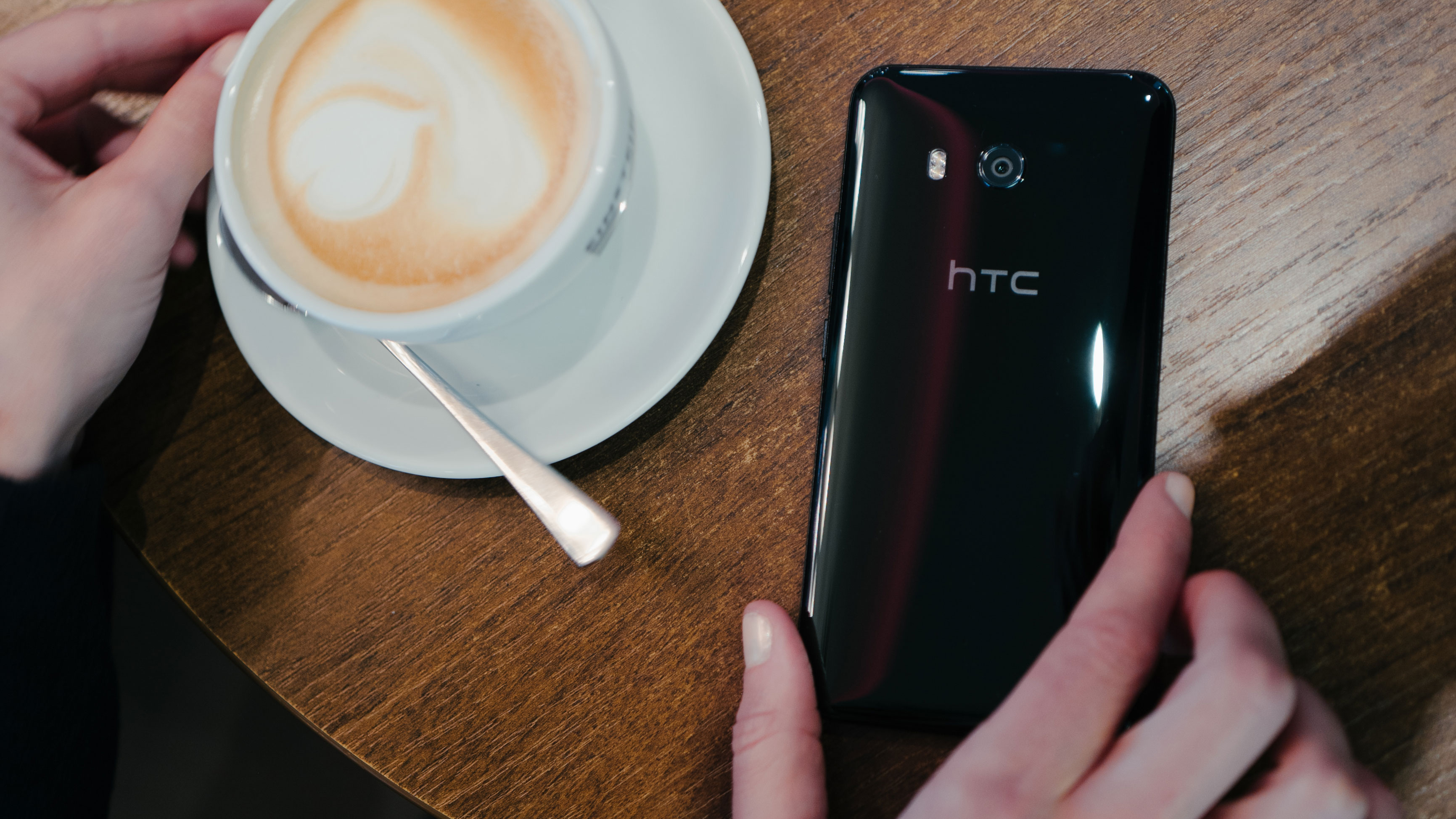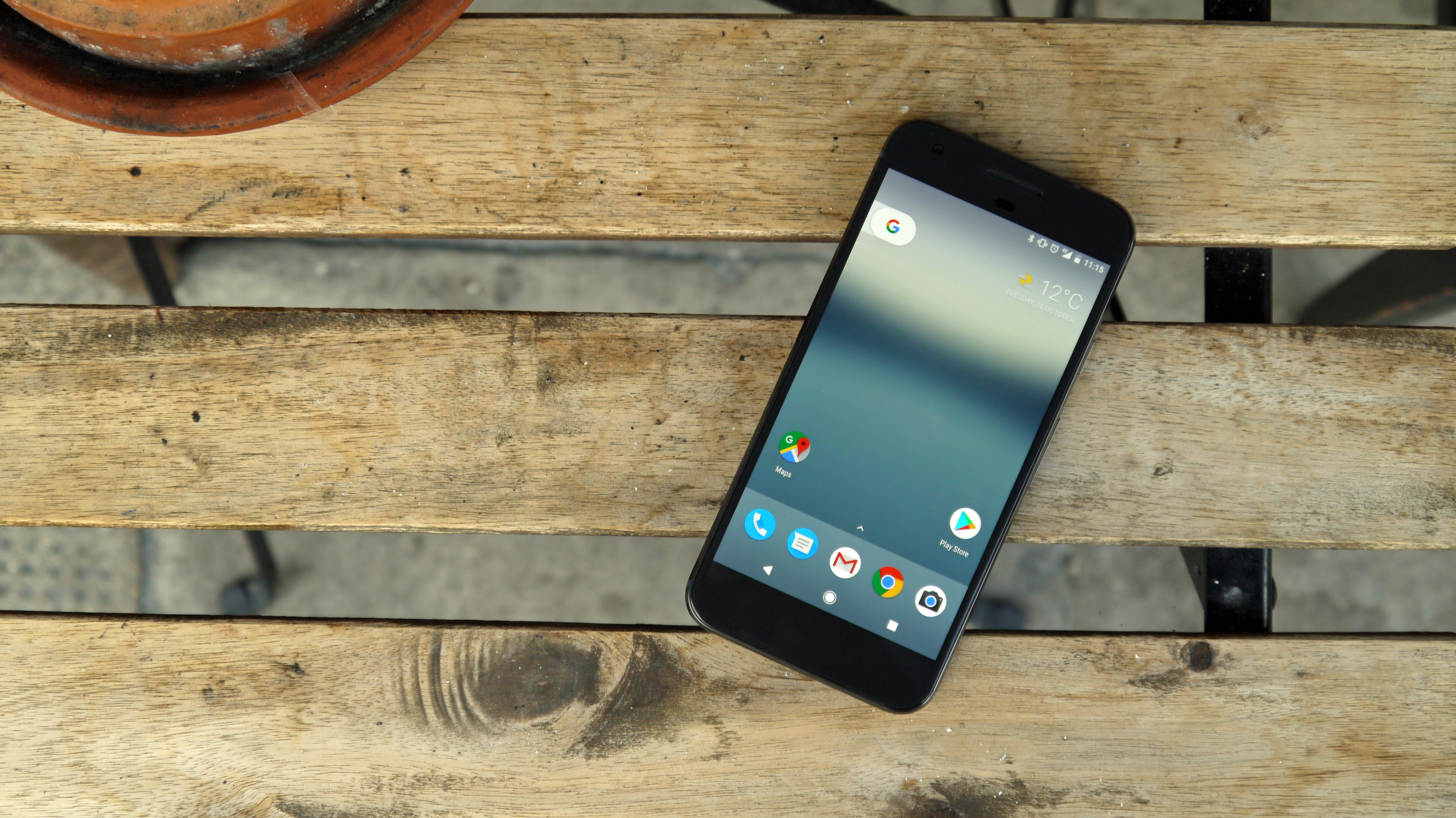This could be the end of HTC’s flagship smartphones
Will the U12 be the firm's last high-end handset?

Sign up for breaking news, reviews, opinion, top tech deals, and more.
You are now subscribed
Your newsletter sign-up was successful
“Enabling a more streamlined product portfolio.”
Hidden in that line of corporate-speak from HTC announcing its new partnership with Google may be a starker reality: no more HTC flagships after 2018.
It's no secret that HTC's mobile division has struggled in recent years. High-end handsets such as the HTC 10, U Ultra and U11 have failed to draw the limelight away from Apple and Samsung, while breakout competitors such as OnePlus and Huawei have strengthened their positions in 2017.
The Taiwanese firm isn’t blind to the challenges it faces, and has significantly scaled back its phone portfolio over the past five years.
Head over to the official HTC website now and the firm's range comprises only a handful of devices, and it’s launched just three globally in 2017 (U Ultra, U Play and U11).
This strategy is by no means a bad one – OnePlus, for example, has just one handset, while Honor tends to keep its offering to around three devices at any one time.

For HTC though, this approach hasn't helped it shift devices at a rate to challenge the major players, and when you also factor in a highly confused marketing strategy that was unable to convey just how good some of its devices were, the brand’s line is still a strange one for consumers to properly comprehend.
Sign up for breaking news, reviews, opinion, top tech deals, and more.
HTC’s problem hasn’t been making good smartphones – it has a long history of doing just that, but it’s really struggled to communicate why its handsets are worth buying to the general public.
However, given this already pared-down approach, the news that HTC will streamline its portfolio further is all the more pertinent. What's left to cull? The easy answer is the flagship.
The final flagship over the horizon
Flagship phones are time-consuming and expensive to research, develop and produce.
The demands on phone makers to introduce breakthrough technology – such as Edge Sense on the U11 – in new flagships further complicates the process, and adds additional cost.
It would be far more time- and cost-efficient for HTC to focus on the mid and mid-high tiers of the smartphone market, where it can easily churn out handsets without the pressures that come with the ‘flagship’ label.
Flagships do act as excellent halo products for the brand, and lead the way with technology that can filter down to the rest of the range – and without a lynchpin device at the top of its range, HTC could well struggle even more to stand out.
The new cooperation agreement with Google could well provide the trickle-down technology for HTC, although without some rather blatant HTC branding on new Pixel devices the link may well be lost – and let’s face it, Google isn’t going to be rushing to slap another brand’s name on its products.
And with the search giant continuing to produce premium Pixel handsets going forward, it seems counter-intuitive for HTC to go head-to-head with its new partner when there’s a whole market below the top end to penetrate.

Nothing will happen immediately though, as HTC also confirmed in the announcement that it has a team “which is currently working on the next flagship phone”, which we expect will launch in the first half of 2018.
For now we’ll refer to that phone as the HTC U12, although the firm may decide on a new naming regime come next year.
There are, however, rumors that HTC is preparing to launch a trio of new devices before the end of the year, which would fly in the face of its ‘streamlined portfolio’ claims.
We asked HTC about its plans to streamline its portfolio, but a spokesperson only offered the following statement: “HTC remains fully committed to our branded smartphone business, following the successful launch of our flagship HTC U11 earlier this year, and we are currently working on our next flagship phone. We have a very exciting 2018 product pipeline.”
The hope is that the deal with Google will breathe new life into HTC’s mobile division and see it rebuild its presence in the market, rather than heralding the demise of an iconic brand.
HTC has made fantastic phones in the past – the Desire, One (M7) and One M8 all scored coveted 5 star TechRadar reviews. And now, with Google taking some of the pressure off, it will have more time and energy to focus on creating knockout handsets – even if, in the coming years, those don’t include flagships.

TechRadar's former Global Managing Editor, John has been a technology journalist for more than a decade, and over the years has built up a vast knowledge of the tech industry. He’s interviewed CEOs from some of the world’s biggest tech firms, visited their HQs, and appeared on live TV and radio, including Sky News, BBC News, BBC World News, Al Jazeera, LBC, and BBC Radio 4.